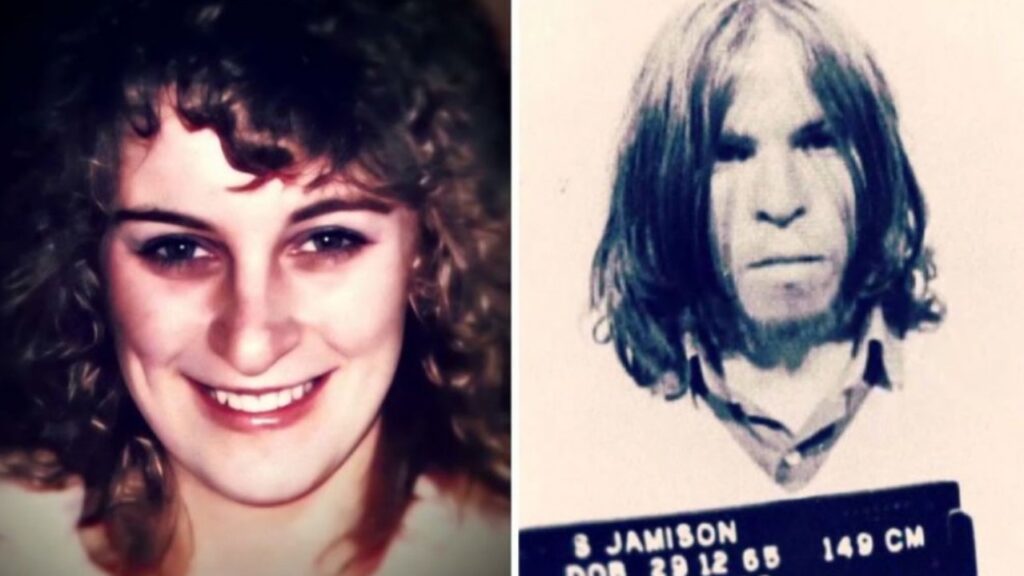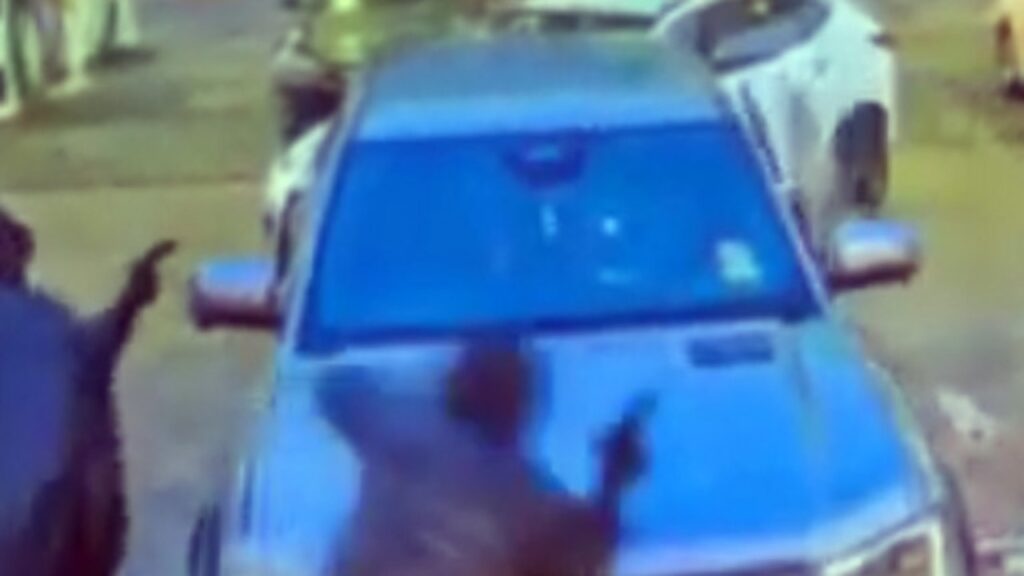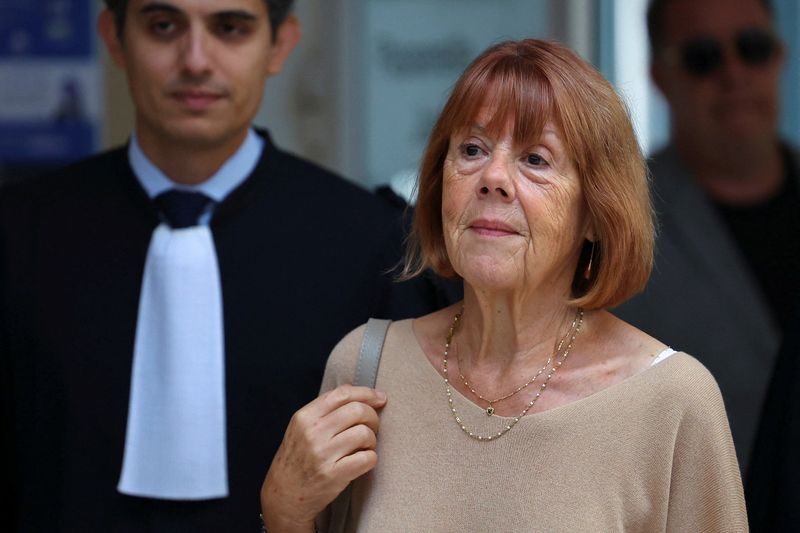Worst car crash hotspots in Aus revealed
Written by admin on September 18, 2024
A major road in Victoria has been crowned the Australia’s most dangerous hot spot for crashes, as a new report reveals the group considered most dangerous behind the wheel.
Plenty Rd in Melbourne’s northeast topped the list for the most crashes between 2014 and 2023, according to AAMI’s Crash Index Decade of Driving report.
The data compiled by the insurer ranked the worst car crash hotspots all over Australia, based on 4.3 million motor claims across the country from 2014 – 2023.
AAMI Motor Claims manager Leah James noted the data follows a speed reduction trial on the busy road in 2022, informed by AAMI’s data.
“Following the adoption of the reduced speed limit, our data showed a 26 per cent reduction in the number of accidents, demonstrating the positive impact the AAMI Crash Index has had on saving lives,” Ms James said.
The Hume Hwy in Liverpool, NSW, clocked in at second on the hot spot list, followed by the Bruce Hwy in Queensland, Albany Hwy in Western Australia, Canberra Ave in the ACT, Marion Rd in South Australia, Sandy Bay Rd in Tasmania, and Stuart Hwy in the Northern Territory.
Ms James said each of the hotspots except for Sandy Bay Rd in Tasmania have held their positions for more than five of the past ten years, highlighting that the roads are busy “but also dangerous”.
Men were more likely to have a crash than women (54 per cent compared to 46 per cent), while drivers aged 65 and over were the most dangerous behind the wheel.
The most common collision was found to be nose to tail crashes at 26 per cent, while failing to give way accounted for 19 per cent of crashes, and accidentally damaging cars while parked accounted for 17 per cent.
“Nose to tail crashes and failing to give-way are consistently the top types of accidents, indicating that as a nation, we have a propensity to tailgate other drivers and drive distracted,” Ms James said.
Afternoons between 1pm and 4.30pm appear to be the worst time of day for a crash, followed by 9.30am to 1pm, and 4.30-8pm.
“This coincides with school pick up — and is generally a time when the roads are busy, patience is wearing thin, drivers are tired from the day and racing to either get home or to their next destination,” Ms James said.
“This is when drivers need to have their wits about them, and be vigilant behind the wheel, to avoid those bumper-to-bumper collisions or an accident involving a child.”
More Coverage
The worst day of the week for crashes was also identified, with Friday taking the lead at 16 per cent followed by Thursday and Wednesday.
However Saturday and Sunday fared the best.
The data has been shared with governments “to help identify and plan for future road projects, as well as drive policy changes and road improvements at identified hotspots.”
Read related topics:Melbourne







